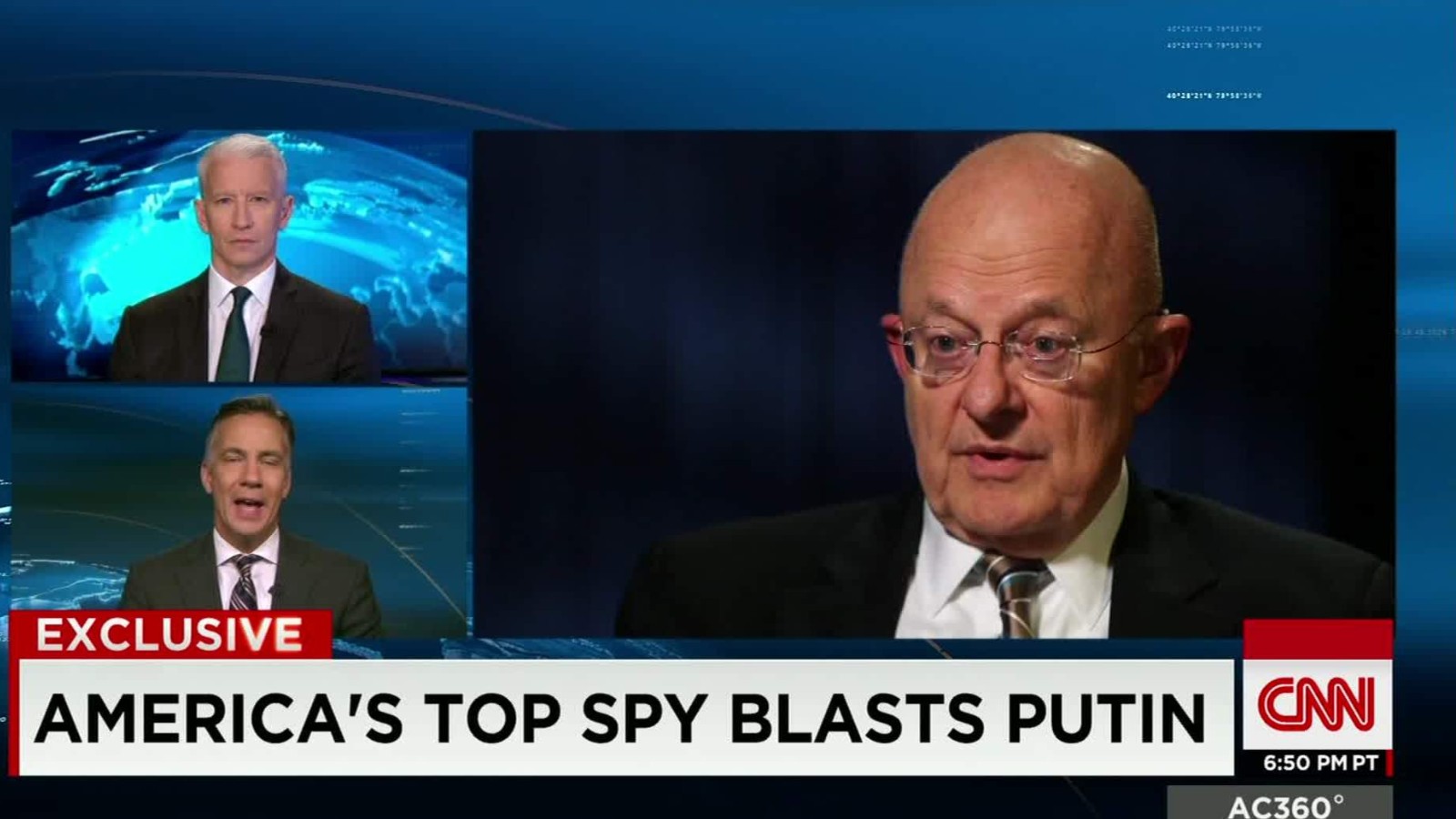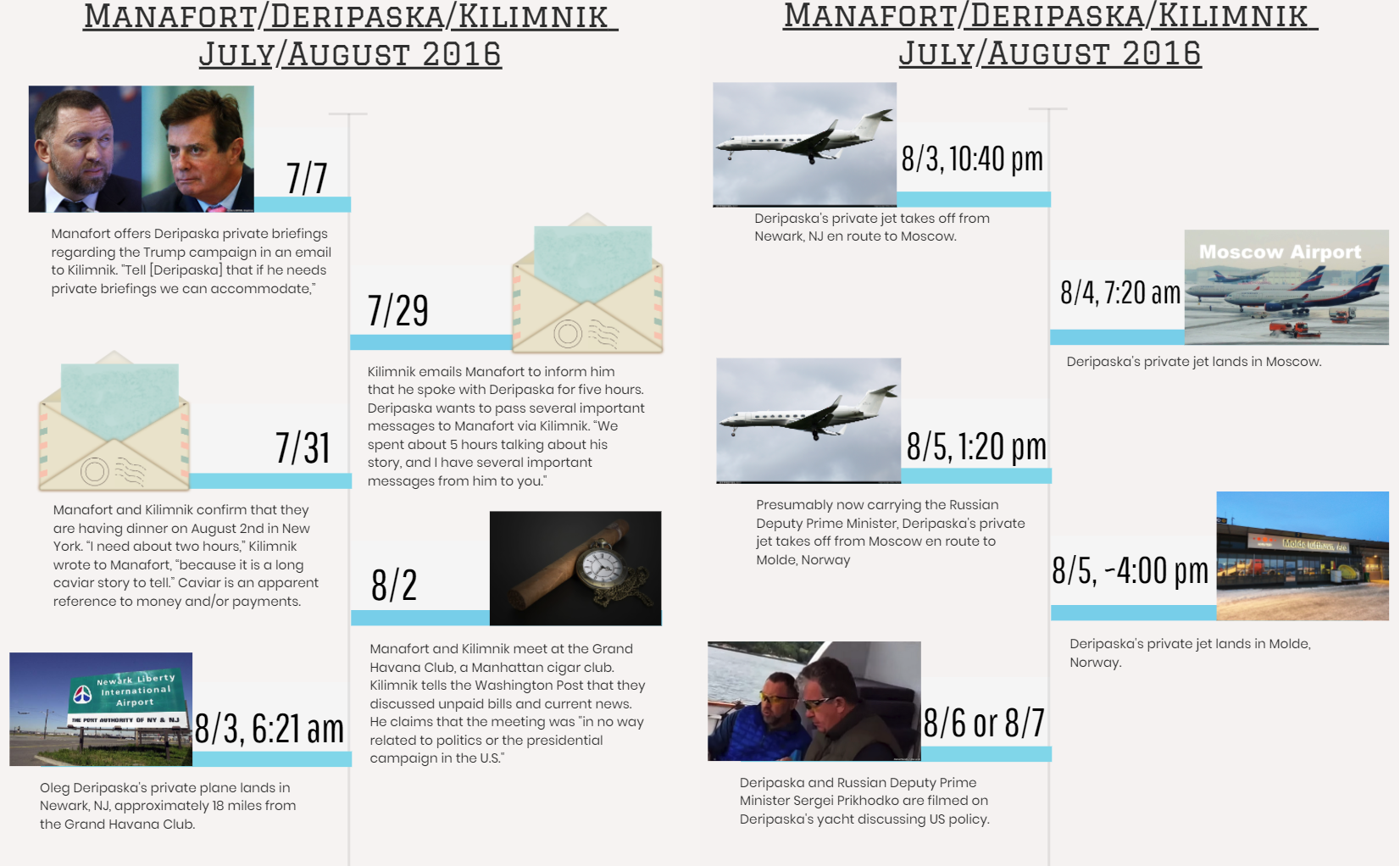Те же и там же
Mar. 7th, 2018 10:10 amПод шум и треск других скандалов осталось без должного внимания вчерашнее заседание в комиссии Сената по вооруженным силам на тему Worldwide Threats. Показания давали руководители разведки.
https://www.armed-services.senate.gov/hearings/18-03-06-worldwide-threats
В подготовленном докладе директора национальной разведки Коутса говорится о том, что от России в 2018 не ожидается ничего хорошего.
Influence operations, especially through cyber means, will remain a significant threat to US interests as they are low-cost, relatively low-risk, and deniable ways to retaliate against adversaries, to shape foreign perceptions, and to influence populations. Russia probably will be the most capable and aggressive source of this threat in 2018, although many countries and some nonstate actors are exploring ways to use influence operations, both domestically and abroad.
We assess that the Russian intelligence services will continue their efforts to disseminate false information via Russian state-controlled media and covert online personas about US activities to encourage anti-US political views. Moscow seeks to create wedges that reduce trust and confidence in democratic processes, degrade democratization efforts, weaken US partnerships with European allies, undermine Western sanctions, encourage anti-US political views, and counter efforts to bring Ukraine and other former Soviet states into European institutions.
- Foreign elections are critical inflection points that offer opportunities for Russia to advance its interests both overtly and covertly. The 2018 US mid-term elections are a potential target for Russian influence operations.
- At a minimum, we expect Russia to continue using propaganda, social media, false-flag personas, sympathetic spokespeople, and other means of influence to try to exacerbate social and political fissures in the United States.
https://www.armed-services.senate.gov/imo/media/doc/Coats_03-06-18.pdf
При ответах на вопросы Коутс, однако не мог дать вразумительного ответа о том, что администрация Трампа собирается по этому поводу делать. Вопрос о санкциях он отфутболил к Минфину и заикнулся про 13 человек с фабрики троллей, обвиненных Мюллером.

Джим Клеппер, предшественник Коутса, рассказывал, как обсуждался вопрос о санкциях, принятых Обамой в декабре 2016. После многочисленных дискуссий они решили ограничиться высылкой всего 35 из многочисленных российских шпионов, потому что опасались ответных мер Путина.
We had a lot of, obviously, a lot of discussion about taking the action we ultimately took, which was PNG'ing 35 of the top intelligence operatives of the Russians. Make no mistake, that’s what they were. They were not diplomats. And, of course, closing the two dachas and sanctioning individual people, I don’t know that there was a conscious discussion so much about whether to do it before or after the election, but just getting a consensus among the interagency about what to do. <...> I, as others did, found that strange that they didn’t retaliate. In fact, that’s one of the factors that bore on the discussion: Well, how many Russian operatives should we PNG? We could have PNG’d a lot more. They had many more than 35 intelligence operatives in this country. The Russians probably have more spies present in our country than any other country, to include China. So that was a tempering factor, because we were figuring that, for every one that we PNG’d, there would be a reciprocal action on the part of the Russians.
https://www.pbs.org/wgbh/frontline/interview/james-clapper/
( Read more... )

